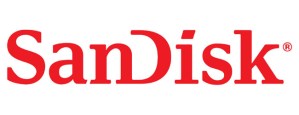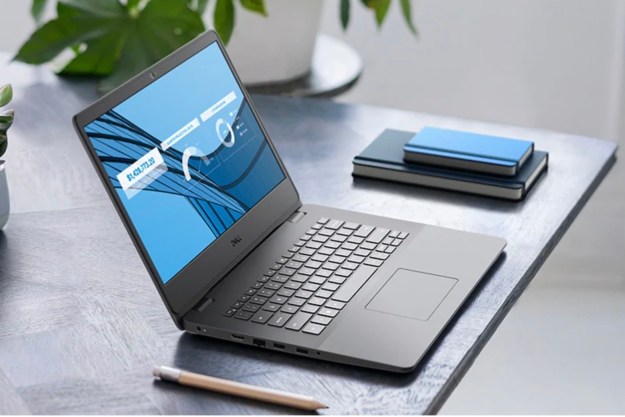
Last week Intel and Micron announced they had started sampling flash storage using a new 20nm process, meaning the solid-state memory takes up less space and uses less power—both critical for mobile devices. Now, memory and storage developer SanDisk—in collaboration with Toshiba—says they’ve gone one better: they’re making flash memory using a 19nm process, which the company is touting as the most advanced memory process node in the world.
“We are excited to introduce the world’s smallest and lowest-cost NAND flash chips based on industry-leading 19nm process technology in our ongoing collaboration with our manufacturing partner Toshiba,” said SanDisk executive VP and CTO Yoram Cedar, in a statement. “Products based on this technology are designed to enable new applications, form factors, and consumer experience that will continue to drive the flash industry to new heights.”
Although the 19nm process is only five percent smaller than the previously-announced 20nm process from IM Flash Technologies, the benefits to the industry are they same: the ability to pack more storage into smaller volumes, and drive it with less power. SanDisk is already sample 64 gigabit devices (that’s 8 GB), and expects to begin high-volume production for partners in the second half of 2011. When that happens, SanDisk also expects to introduce X3 products products based on the 19nm process: X3 products store three bits of data per flash cell instead of two, in theory adding 50 percent more capacity without increasing size.
Editors' Recommendations
- Western Digital responds to claims that SanDisk SSD failures have design flaw
- Save on SanDisk SD Cards at Amazon for Black Friday — from $15
- SanDisk’s $450 microSD card adds 1TB more storage to your Surface Pro


